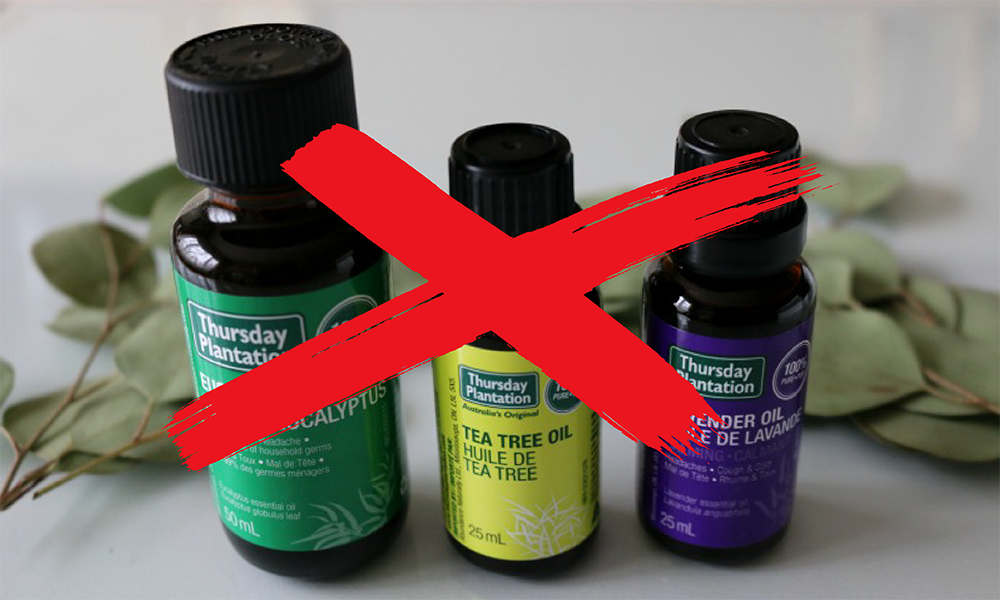TGA reform threatens essential oils

In May last year, the Therapeutic Goods Administration (TGA) released a ‘low risk products’ consultation paper which included an option to declare essential oils and aromatherapy products to be ‘non-therapeutic goods’ – and remove quality controls for the manufacture of these products.
What these proposed changes will mean
- Therapeutically-listed essentials oils would be removed as therapeutic goods.
- Essential oils would be banned from making therapeutic claims – e.g. Tea Tree oil for antiseptic purposes, Peppermint oil for headaches, Lavender oil for sleeplessness, etc.
- Control over manufacturing quality and post market surveillance of adverse events would be abandoned – placing public safety at risk.
- It would mean the manufacturers of everyday essential oils used by millions of Australians (including Tea Tree oil) will be unable to state what purpose the oils can be used for – only general relaxation style claims would be allowed.
How this will affect consumers
“We are concerned the TGA is pursuing these changes on ideological grounds, without having consulted the industry or assessing the impact on industry or consumers, which is unacceptable,” Your Health Your Choice spokesperson Petrina Reichman said.
If adopted, the proposal would have a devastating effect on the aromatherapy industry in Australia. It would mean the community would be denied access to high quality essential oil products for everyday ailments.
“If adopted, the change would also have a major impact on Australian export markets, resulting in job losses and lower quality products flooding the market,” Ms Reichman said.
The Government has not yet announced whether it will support this proposal – a decision is expected in the near future.
« Return to News & Features
